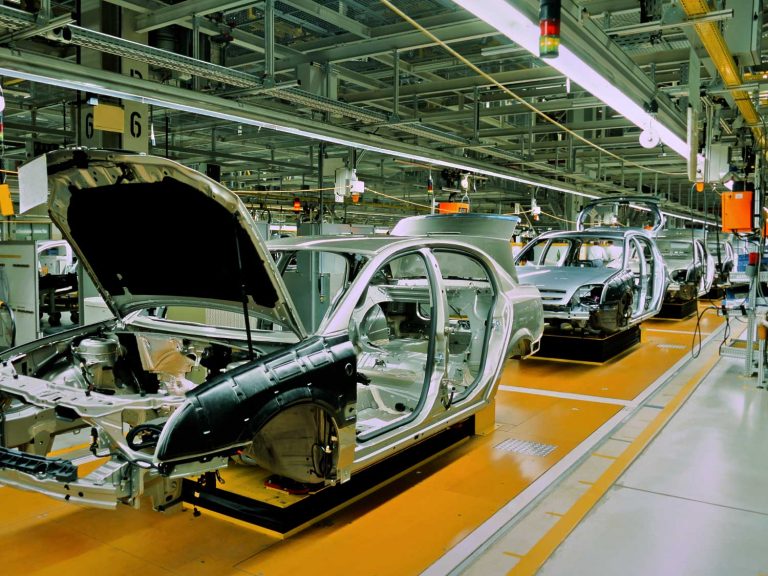
Date:
UK business welcomes steel action
Anti-dumping and countervailing measures on imports of Hot Rolled Flat and Coil steel will be kept until 2027, to protect the UK’s steel industry from the damage caused by low-priced steel and competitive products that have benefited from government subsidies in their country of origin.
The Trade Remedies Authority has recommended keeping measures in place until at least 2027 to protect the UK’s steel industry from unfair competition, as Hot Rolled Flat and Coil commonly used as a raw material for other types of steel make up almost a third of all steel production globally.
Anti-dumping and countervailing measures on imports from China and anti-dumping measures on imports from Russia, Brazil and Iran will maintained until at least 2027 however, anti-dumping measures on imports from Ukraine be revoked, as the dumping of products from Ukraine was unlikely to recur, due to limits on their ability to export caused by the war with Russia and domestic demand for steel to rebuild the country’s infrastructure.
The anti-dumping and countervailing measures on Hot Rolled Flat and Coil steel from China will be kept at the existing rates until 7 April 2027, while the anti-dumping measure on imports from Brazil, Iran & Russia will be kept at the existing rates until 7 October 2027.
The UK’s ban on the import of certain Russian iron and steel products processed in a third country/ multiple third countries was introduced on 21st April 2023 as part of a wider package of trade sanctions against Russia and will come into effect from 30th September 2023.
The EU is imposing similar restrictions, will be rolled out in three phases – from 30th September, 1st April 2024 and 1st October 2024 – depending on the specific classification code of the imported iron and steel products.
The government has published guidance to help businesses comply with the measures, which explains the scope of the ban and the evidence that will demonstrate compliance, and should be read alongside existing Statutory Guidance on sanctions against Russia.
GOV.UK Guidance on third country processed iron and steel measures
Additional documentation may be required, if your goods are stopped for compliance checks, to demonstrate evidence of a good’s supply chain and could include:-
1. The country of origin of the iron and steel products processed in the third country (or third countries) after the fact
2. The date that the iron and steel product left its country of origin
3. The country(s) and facility(s) where processing has taken place
An example of evidence may include, but is not limited to, a Mill Test Certificate, or Mill Test Certificates (MTCs) where the relevant information cannot be summarised in a single document.
Importers are also advised to include assurances that imports are not of Russian origin in contractual agreements.
To conclude, it is down to the supplier to present evidence and worth raising the issue with suppliers, so all are compliant across the supply chain.
The UK guidance on third-country iron and steel makes clear that traders are expected to carry out due diligence on the origin of products and may be requested to present evidence of the supply chain of goods at the border.
Even where a customer is not the importer, they should obtain a copy of the evidence of origin, to understand whether the products they are purchasing are caught by the Russian sanctions.
If you have questions or concerns about the issues raised here, please EMAIL Andy Fitchett, Metro’s Head of Brokerage and Customs Compliance.
